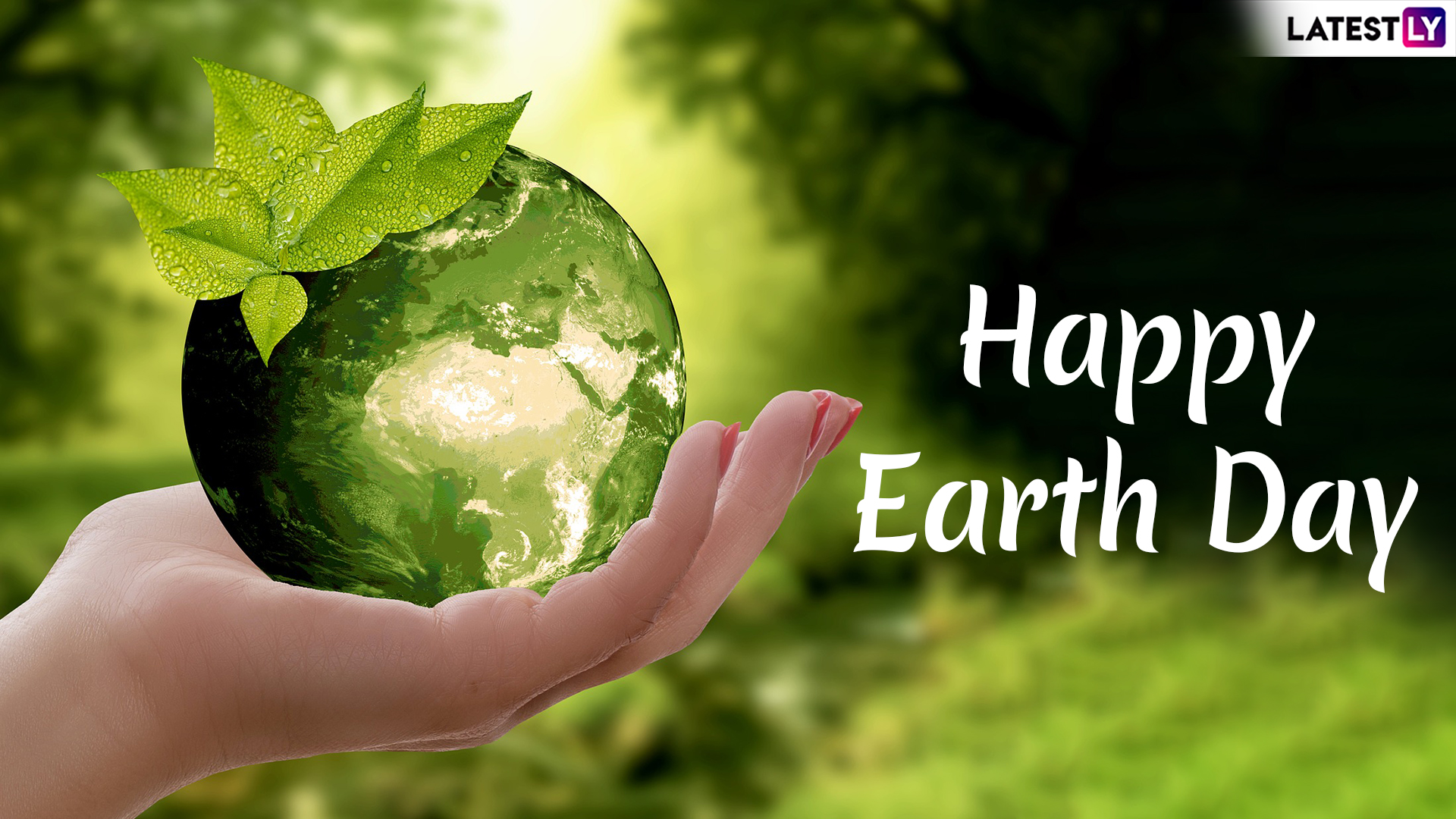Earth Day, observed annually on April 22nd, serves as a poignant reminder of the intricate relationship between humanity and the planet we inhabit. This globally recognized occasion catalyzes environmental protection efforts and celebrates the beauty of our natural world. For those who resonate with the environmental ethos, Earth Day represents more than just a date on the calendar; it embodies a commitment to fostering sustainability, promoting awareness, and advocating for the preservation of our planet for future generations. It is a call to action that transcends borders and cultures, uniting people in collective responsibility.
In this era of rapid industrialization and urbanization, the clarion call of Earth Day has never been more critical. Amidst the challenges posed by climate change, biodiversity loss, and pollution, individuals and communities are awakening to their roles as stewards of the Earth. Each year, millions of people participate in a myriad of activities, demonstrating their dedication to environmental advocacy and education. From organizing local clean-up campaigns to rallying for legislative reforms, the spirit of Earth Day fosters engagement and encourages a proactive approach to ecological conservation.
The genesis of Earth Day can be traced back to 1970, when a passionate Senator from Wisconsin, Gaylord Nelson, initiated the movement. Fueled by the devastating oil spill in Santa Barbara, California, and a burgeoning public awareness about the consequences of environmental degradation, Nelson envisioned a day that would unite individuals in the pursuit of environmental justice. The inaugural Earth Day was a monumental success, galvanizing approximately 20 million Americans to engage in demonstrations, educational events, and community initiatives. This unprecedented participation led to the establishment of the United States Environmental Protection Agency and the passage of pivotal environmental legislation.
As the Earth Day movement expanded globally, its underlying message resonated with diverse populations around the world. Today, over 190 countries participate in this celebration of our planet, underscoring the universality of ecological concerns. Each nation brings its unique cultural perspective to the observance, making it a rich tapestry of environmental advocacy. From tree planting ceremonies in India to beach clean-ups in Australia, each activity embodies the shared goal of nurturing and safeguarding our Earth.
At its core, Earth Day emphasizes the importance of education. Knowledge is a powerful tool that empowers individuals to make informed decisions regarding their environmental impact. Schools, organizations, and communities often host seminars, workshops, and interactive sessions aimed at enlightening participants about pressing environmental issues. Topics such as climate change, plastic pollution, and habitat conservation are explored, fostering a deeper understanding of the interdependencies within our ecosystems. Such educational initiatives not only raise awareness but also inspire actionable change, turning knowledge into collective empowerment.
Commercial engagement also plays a vital role in the Earth Day narrative. Many businesses recognize the significance of sustainability and incorporate eco-friendly practices into their operations. This year, brands are diversifying their outreach to not only promote their eco-conscious products but also contribute to environmental causes. For instance, companies are committing to carbon neutrality, adopting sustainable sourcing strategies, and engaging in philanthropic endeavors that support ecological conservation. This intersection of commerce and environmentalism exemplifies the evolving relationship between consumers and corporations, where purchasing decisions can reflect a commitment to preserving the planet.
Volunteering is another pivotal aspect of Earth Day. Individuals take part in various organized activities, contributing time and resources to projects that aim to enhance their local environments. Community gardens, park restorations, and wildlife habitat clean-ups are just a few examples of how local initiatives can have a significant impact. These hands-on experiences not only reinforce the belief that every small action counts but also foster a sense of camaraderie and collective purpose among participants. Engaging in these activities cultivates a strong connection to one’s surroundings, igniting a sense of pride and responsibility for maintaining the planet’s health.
The digital realm has further amplified the reach and impact of Earth Day. Social media platforms provide a powerful avenue for organizations and individuals to share their initiatives, inspire others, and raise awareness about environmental issues. Through hashtags, challenges, and virtual events, the Earth Day message spreads rapidly, enabling a global conversation about sustainability. This connectivity allows individuals who may feel isolated in their environmental efforts to find community and support, reinforcing the notion that together, remarkable change is possible.
In conclusion, Happy Earth Day is not merely a phrase; it encompasses a profound commitment to a more sustainable future. It serves as a reminder that every individual holds the power to influence the health of our planet. By embracing the ideals of Earth Day—education, advocacy, and community engagement—there lies the potential to effectuate real change. As the world collectively acknowledges our planet’s fragility, a unified resolve emerges: to honor and protect the Earth today, for ourselves and the generations that follow. Every action, no matter how small, contributes to a larger movement toward environmental harmony, and together, we can chart a path to sustainable living.









Leave a Comment